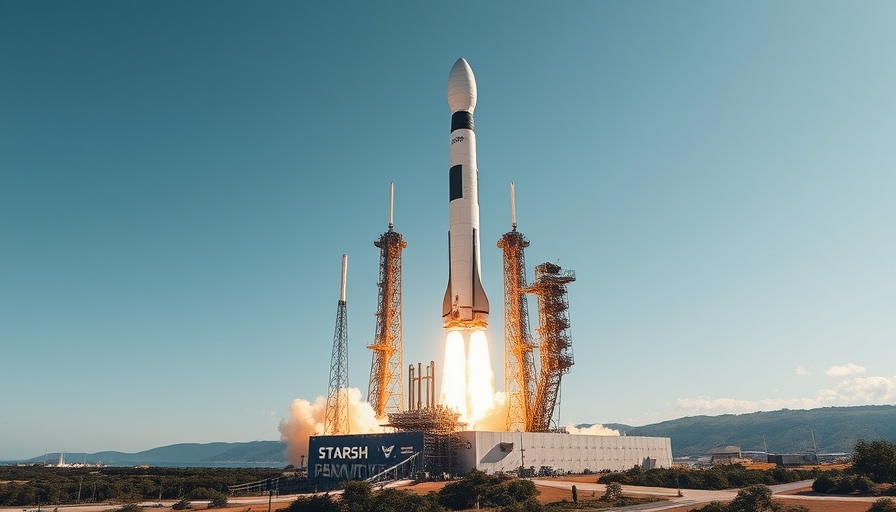
Understanding the Recent Blocking of Reuters Accounts on X in India
The recent incident involving X, the platform formerly known as Twitter, has sparked significant conversation in the realm of media freedom and government influence online. On July 6, 2025, the @Reuters and @ReutersWorld accounts, which collectively have over 25 million followers, were rendered inaccessible to users in India. Instead of viewing the regular content, users were greeted with a message indicating the accounts "have been withheld in IN (India) in response to a legal demand." However, an Indian government spokesperson clarified that their agency had not mandated such restrictions, adding a layer of confusion to this unfolding situation.
What Lies Ahead for Media in India?
This incident raises pressing questions around the future of journalism and social media dynamics in India. With the digital environment rapidly evolving, the balance between government regulation and media freedom becomes increasingly challenging. This has historical precedent; back in 2021, X had faced scrutiny in different parts of the globe, particularly in Brazil, where the service was temporarily shut down due to a conflict with the Supreme Court.
Exploring the Legal Landscape of Online Content
The landscape of online content regulation in India has been a contentious one, especially with social media platforms like X at the center. A representative from Reuters stated that they were in constant communication with X to resolve the matter. Earlier this year, X had informed the news agency that it had been withholding content at the request of the Indian government. This raises critical questions: Which agency issued the request? And under what parameters are accounts being influenced? Unlike the United States or Europe, where freedom of expression is enshrined within law, India's running debates over digital governance complicate matters.
The Implications for Tech Freedom and Journalist Safety
As governments across the globe begin to assert influence over social media platforms like X, the freedom of the press remains at a precarious juncture. For journalists and media organizations, understanding their rights and their potential vulnerabilities online is vital. There's a growing sentiment that restrictive measures can lead to self-censorship, where organizations may avoid controversial topics to stay within government confines.
Local Perspectives on Global Issues
This incident is not isolated; it mirrors ongoing global trends where social media platforms are caught between government demands and user needs for uncensored information. Local responses in India reflect a significant concern regarding information accessibility and digital rights, showing how intertwined national issues can become with global technology discussions. The broader implications here can affect everything from tech news updates to international viewpoints on regulations.
Conclusion and Call to Action
As the digital landscape continues to develop, remaining informed about the rights to access information and the implications of government interactions with tech platforms is crucial. For concerned citizens and media consumers, voicing support for press freedom and ethical practices in online governance will be key in shaping the future of digital communication. Staying aware of breaking tech news and emerging trends can empower individuals and communities to engage actively in these discussions.
 Add Row
Add Row  Add
Add 



Write A Comment